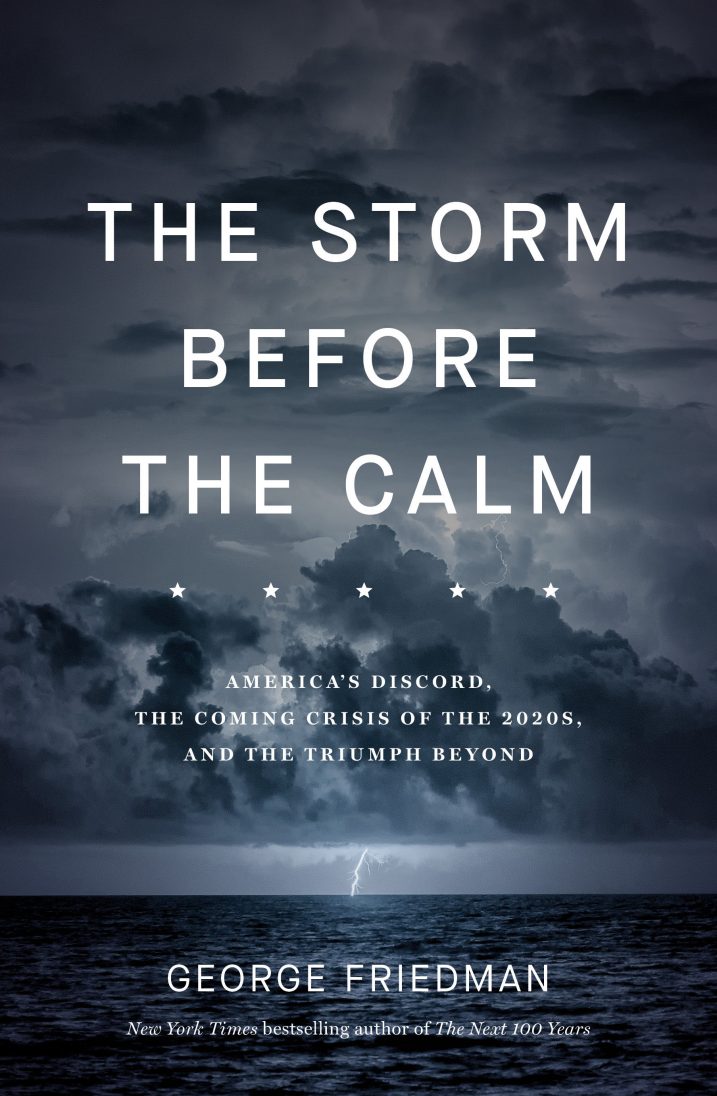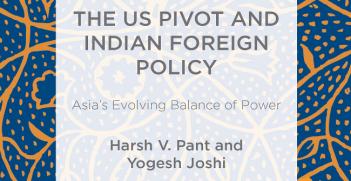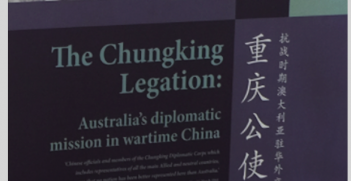Book Review: The Storm Before the Calm

Many Americans think their country is in bad shape. George Friedman’s close examination of American history indicates that the country is in the midst of an expected period of transition rather than a state of decline.
It is almost 30 years since the Supreme Soviet voted the USSR out of existence. The United States was the only global superpower for the last decade of the 20th century. Since the turn of the 21st century, rightly or wrongly, the US has arguably been a nation in decline. Seventy percent of Americans polled by Politico believe that, under Donald Trump, the United States is on the wrong track. An earlier Pew survey was more specific, citing concerns over burgeoning national debt, a widening gap between rich and poor, and a workforce threatened by automation.
George Friedman will have none of it. He has rejected the notion of American decline for well over a decade. He dismissed as nonsense the view, widely held by some prominent Australian academics, that China would replace the US as the world’s largest economy. He still reminds me of the night I hosted him at an AIIA dinner at the University of Sydney where he was barracked by several prominent members for insisting China’s then growth rate of 14 percent was unsustainable. Friedman has been proved right – the GDP of the People’s Republic currently hovers around five percent.
But this fascinating book is not about big power rivalry, nor a reassertion of American power, military or otherwise. Rather, Friedman cogently argues that the US is transiting through the latest of a series of waves or cycles that have permeated American history since white men first came ashore and founded what was then a British colony. Friedman argues there are have been two cycles, one institutional and the other economic, roughly every 80 years. It happens that, for the first time, these cycles are coinciding to create a bumpy ride for America before the emergence of a new dawn in a decade or so. If this sounds like Donald Trump’s erstwhile pledges to “make America great again,” or Boris Johnson’s blather about “Global Britain,” forget it. Friedman dismisses Trump as ephemeral en passant entity, while serious students of bygone empires know Johnson is a charlatan.
Friedman, founder of Geopolitical Futures, is a geopolitical analyst and historian of stature. He is also founder of Stratfor, a private intelligence agency. A prolific writer, Friedman has had several books on The New York Times bestseller list, including The Next 100 Years, The Next Decade, and The Future of War. In each of these, Friedman displays his skills as a forecaster.
In The Storm before the Calm: America’s Discord, the Coming Crisis of the 2020s, and the Triumph Beyond, an 800-page thesis, Friedman relies heavily on history to make his case; indeed the book depends on it. Some reviewers criticise it for that, but I don’t agree. Part of the fascination of this book is the wealth of well-told historical detail, around the wars against the colonialists, the Civil War, and World War II; about confrontation against and cooperation with indigenous tribes in the long dismantling of the Indian nation; about presidential and Congressional failures and successes; and, above all, about periods of innovation. Unlike many historians, Friedman does not hold back on the darker aspects of America’s past; rather, it is an essential part of the narrative. He quotes Balzac as saying that behind every great fortune there is a great crime, and in the case of America, there are two to consider: the enslavement of Africans and the genocide of Indians. He deals at length with both.
Another fascinating chunk of this book are the pages devoted to the history of the American people. He asks readers to believe that Americans are not like the rest of us. Many Australians might wryly agree, but not for the reason Friedman gives: utter exceptionalism based on the combined qualities of cowboys, inventors, risk takers, and warriors – almost as if there is an American DNA. It is not much of an exaggeration to describe the US as a nation of warriors. In my lifetime, America has been in more wars than any other advanced nation. As Friedman explains: “There are approximately 25 million men and women either serving in or veterans of the US armed forces. That is a staggering number, but it does not capture the whole picture. A soldier is not alone in war. Parents, spouses, children and other relatives all experience war through servicemen and women, sometimes almost as much as the warriors.”
It took Friedman several years to produce this work in a period when he was building up Geopolitical Futures. It went to press just weeks before the coronavirus emerged in Wuhan, China, creating worldwide upheaval and the most substantial economic damage since the Great Depression. Its publication also coincides with the troubled years of the Trump administration. Yet it is the fruits of the last few decades of innovation, notably American leadership in information technology and the products of Silicon Valley, that Friedman believes will lead to the almost perfect storm that lies ahead.
In the light of that, do the theories still stand up? The author’s predictions of failed presidencies ahead almost certainly do. We already have one, and while Friedman does not indict Trump in that way, he clearly does not consider him of much consequence. In his assessment of the troubled times ahead, many will find his chapter on the 2020s crisis in technology and education the most interesting, and draw comparisons with Australia.
In brief, Dr. Friedman argues that the technological revolution – and the immense wealth created by the microchip – is slowing and is reflected in a decline in productivity. A capital shortage has turned into a capital surplus, diverting investment into less productive sectors such as retail and real estate. This is creating greater divisions between rich and poor, and workers are feeling increasingly abandoned. Friedman says that children of millennials, seeing their futures fading, will revolt against the previous generation. There will be an increasing crisis in universities as students become less welling to be handicapped by the weight of student loans. This, in turn, will give an increased advantage to top tier universities, particularly those like Harvard and Yale, where children of rich parents have a gateway to connections and the right job. Friedman predicts a revolution in the university sector in the coming decade, with colleges forced to sell land and rehouse themselves in more utilitarian premises and professors having to bear a much greater teaching load.
The transition to the next period of calm, Friedman believes, will be the presidential election of 2028, when the voters will demand change. The sons and daughters of the industrial classes will gain better access to tertiary education, just as GIs were given favoured access after serving in World War II; the next technological revolution will have begun, optimism will return, and Trumpian slogans will be a fading memory. Let’s hope.
This is a review of George Friedman, The Storm Before the Calm: America’s Discord, the Coming Crisis of the 2020s, and the Triumph Beyond (Black Inc, 2020) ISBN: 9781760642525 (print), 9781743821398 (ebook).
Colin Chapman is a writer, broadcaster and public speaker, who specialises in geopolitics, international economics, and global media issues. He is a former president of AIIA NSW and was appointed a fellow of the AIIA in 2017.
This article is published under a Creative Commons Licence and may be republished with attribution.





